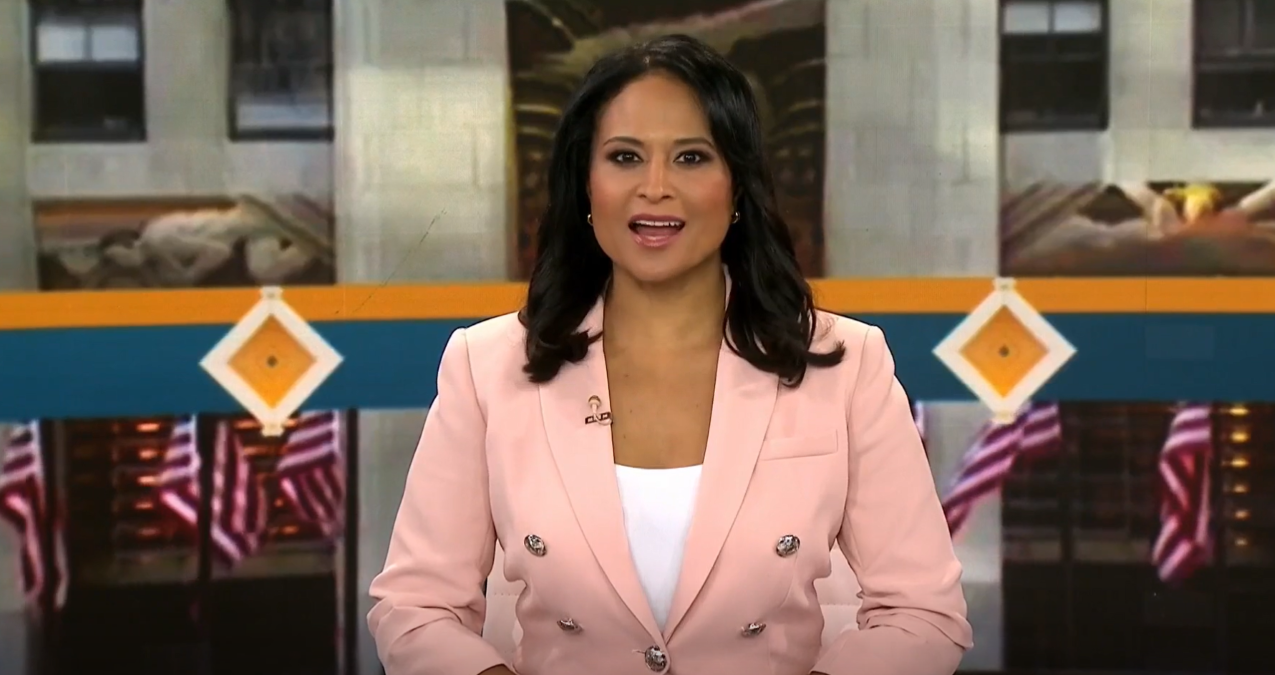During a recent episode of NBC's "Meet the Press," host Kristen Welker questioned Senate Majority Leader John Thune, R-S.D., about the indictment of former FBI Director James Comey. The indictment, which occurred last week, has raised concerns among some lawmakers regarding potential political motivations behind the charges.
Explainer James Comey Indicted on Charges of Lying to Senate Committee
Welker pressed Thune multiple times on whether he believed the Justice Department was acting independently in prosecuting Comey, who has been a vocal critic of former President Donald Trump. Thune refrained from directly condemning the indictment, stating, "I guess the question is about what we have heard from the president on this matter."
The indictment, which includes charges of lying to Congress and obstruction, has been characterized by some critics as a politically motivated action influenced by Trump. Welker asked Thune if he viewed the prosecution as politically motivated, but he did not provide a definitive answer.
"Would you support the Justice Department bringing criminal charges against other political opponents of President Trump?" Welker inquired, highlighting the ongoing debate about the independence of the Justice Department.
In contrast, when Welker interviewed Senate Minority Leader Chuck Schumer, D-N.Y., she posed only one question regarding the Comey case, asking if he trusted the judicial system. Schumer did not face the same level of scrutiny as Thune, leading to criticism of Welker's interview style.
The discussion surrounding Comey's indictment is set against a backdrop of heightened political tensions. The former FBI director was indicted just days after Trump publicly called for his prosecution, raising questions about the influence of the executive branch over judicial proceedings.
Thune's reluctance to engage with Welker's questions may reflect a broader strategy among Republican leaders to avoid direct confrontation over the indictment. Critics argue that the administration's actions could undermine public trust in the Justice Department.
"The president has been going after Comey for years," Thune noted during the interview, emphasizing the long-standing tensions between Trump and the former FBI director.
As the government faces a potential shutdown due to funding disputes, the political landscape remains fraught with challenges. With the White House threatening mass firings of federal workers, both parties are under pressure to reach a funding agreement. Thune acknowledged the urgency of the situation, stating, "We’re just two days away from a potential government shutdown."
The fallout from Comey's indictment and the ongoing budget negotiations are likely to dominate political discourse in the coming weeks. As both parties navigate these issues, the implications for the Justice Department's independence and the upcoming elections remain critical points of discussion.
Why it matters
- Comey's indictment raises concerns about political motivations, especially given Trump's history with him.
- Thune's non-committal stance reflects Republican caution amid heightened political tensions.
- The indictment's timing, following Trump's call for prosecution, questions the Justice Department's independence.
What’s next
- Watch for upcoming votes on government funding to avoid a shutdown.
- Monitor reactions from both parties as the Comey indictment influences political discourse.
- Expect further scrutiny of the Justice Department's actions in light of the indictment.
